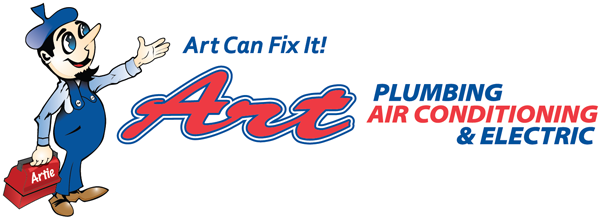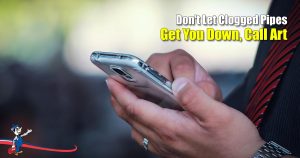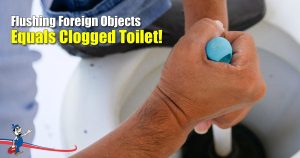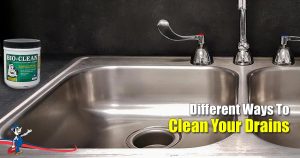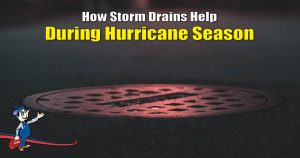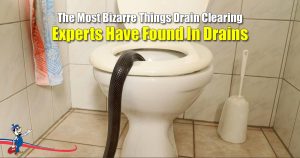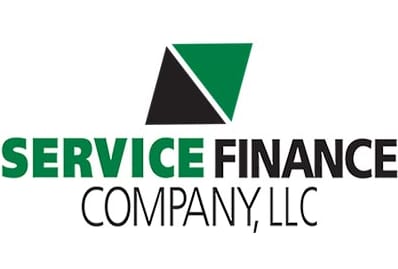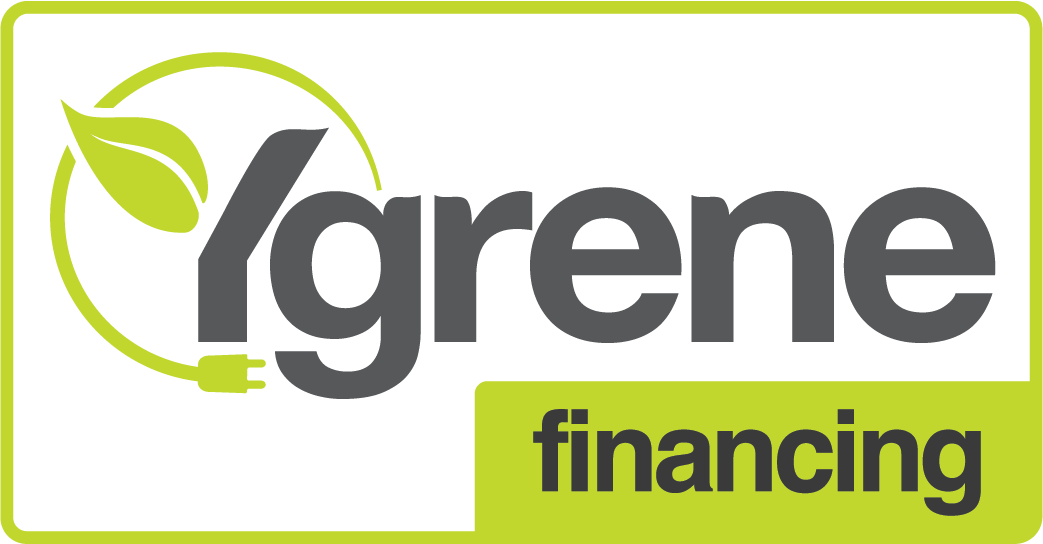How To Unclog A Drain Without Harsh Chemicals
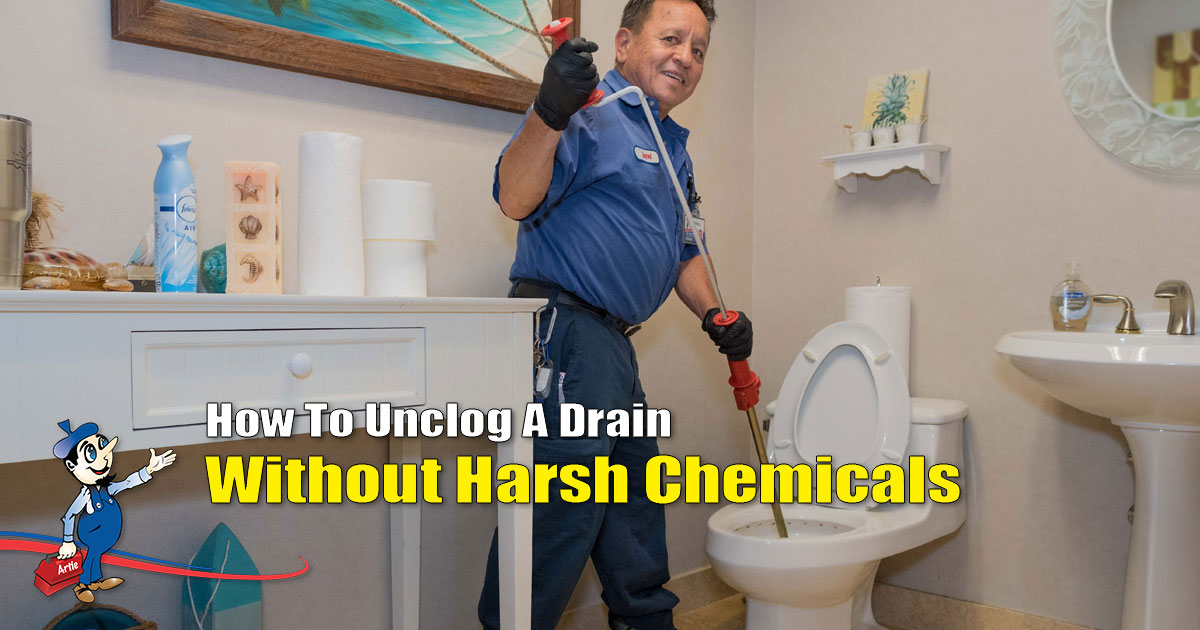
In the United States, over 260,000 plumbers are employed to perform various plumbing-related tasks for homeowners and businesses. Unclogging drains is a common challenge that plumbers face and depending on the severity of the clog, the process can be a simple or challenging task.
If the problem is left unattended, it can result in water buildup in showers, toilets, or sinks, leading to bigger issues. If you are experiencing such a problem, you may be wondering how to unclog a drain, and whether it’s something you can do yourself or if you need professional help.
In our blog, the certified plumbers at Art Rooter, Sewer & Drain Cleaning have shared our top tips on unclogging a drain without harsh chemicals.
Three Methods To Unclog A Drain Without Harsh Chemicals
Determining how to unclog your drains without harsh chemicals can be challenging, fortunately, we’ve shared a few methods below:
1) Baking Soda, Vinegar, And Water
Baking soda is one of the best non-caustic cleaners for eating away hard to get rid of sludge. When using baking soda to unclog a drain, it must be combined with vinegar and boiling water. These ingredients will be added together and used at different times during the unclogging process:
- Pour 2 cups of hot water directly down the drain to try to loosen any debris.
- Mix a solution together containing one cup of white vinegar and one cup of tap water.
- Prepare a cup of baking soda.
- Simultaneously, pour a cup of baking soda down the drain and pour the vinegar and water solution directly afterward.
- Once this mixture is poured down the drain, wait 10 minutes.
- After 10 minutes, pour another 2 cups of hot water down the clogged drain.
For most minor clogs, the chemical reaction caused by the baking soda and vinegar should be enough to loosen any obstructions. The hot water poured down the drain should be enough to eliminate any remaining materials that could cause another clog.
2) A Plunger
Plungers are an effective tool that can be used to unclog a drain without using harsh chemicals, here are some tips to follow when using a plunger to unclog your home’s drains:
- Remove the drain plug or stop cover from the drain.
- Turn on the faucet and allow the water to run until there is about an inch of water in the sink, tub, or shower.
- Place the plunger over the drain to create a seal around its opening.
- Pump the plunger over the drain rapidly using force for 30 seconds.
- Water should drain once the plunger is removed.
It’s important to note that it might take three or four tries before a drain is unclogged using this method.
3) A Drain Snake
For more stubborn drain clogs a drain snake can be used. A drain snake is typically made of a bendable but rigid material like wire or hard plastic. To use a drain snake to unclog your drain use the following steps:
- Place the end of a drain snake into the blocked drain.
- Turn the handle to push the drain snake further into the clogged drain.
- Turn the handle continuously until you feel resistance, the resistance means the clog has been found.
- Once the clog is located, continue cranking the snake until you can feel it break through the blockage.
- After the snake has broken through the clog, remove the drain snake by cranking the handle in the opposite direction.
- Finally run hot water down the drain to remove any remaining particles and debris.
Regular Drain Maintenance
If you want to prevent your drains from becoming clogged, you should follow these drain maintenance tips we’ve listed below:
- If you have a garbage disposal, you should run cold water through it before and after using it.
- Add a strainer to your drains to collect any loose debris like hair and soap scum.
- Don’t put oil or fat down your drains.
- Rinse your hands off outside with a yard hose when gardening to prevent sand and grass from going down your home’s drains.
- Don’t throw eggshells, fruit peels, or vegetable rinds down your garbage disposal.
- Avoid flushing hair from cutting or shaving down the drain.
When Should You Call A Professional Plumber For Help?
Unfortunately, clogs can often become too big for the above methods, and occasionally you will require a professional plumber to help unclog your drains. To know when to call for help, we’ve listed a few of the indicators:
- You are smelling foul odors from your drains.
- You have multiple drains blocked at the same time.
- You’ve noticed areas of your lawn growing lush while others remain the same.
- You have an old plumbing system that requires a plumber’s evaluation.
- Following the above methods has failed to fix the clog.
The above situations could point to a larger problem besides a clog. For example, your drain system could be experiencing a sewer line break; you could have roots growing through your piping, or your drain could have a sewer line blockage.
Each of these issues requires the skilled attention of a certified plumber to diagnose and repair the problem.
Want Help With A Drain Clog? Call Your Trusted South Florida Plumbers Today!
No one wants to deal with a clogged drain and the issues it causes, but unfortunately, at some point, your home drains will experience a clog. If you’re dealing with this issue and would like help, contact our team today at 1-833-470-2880.
